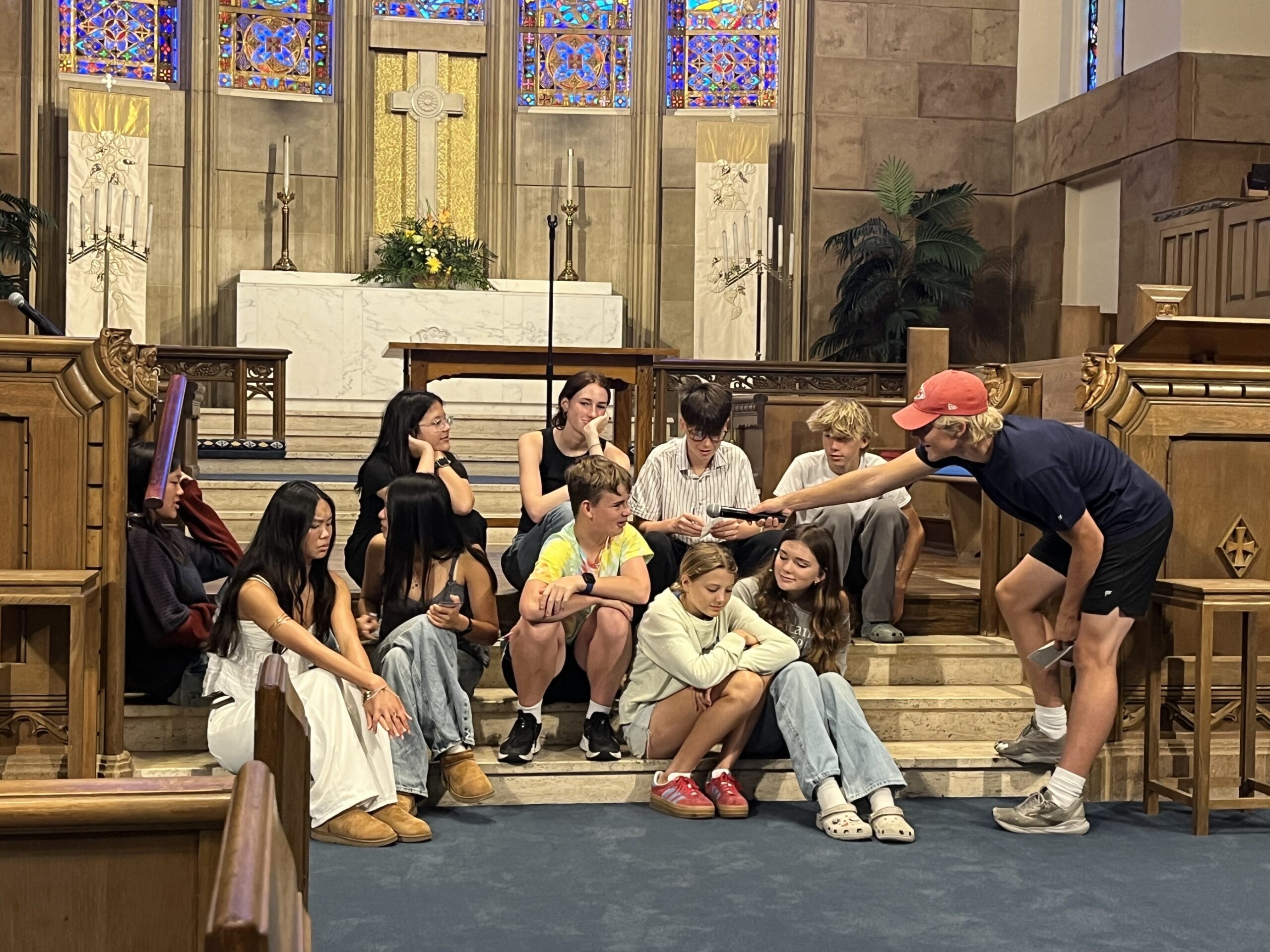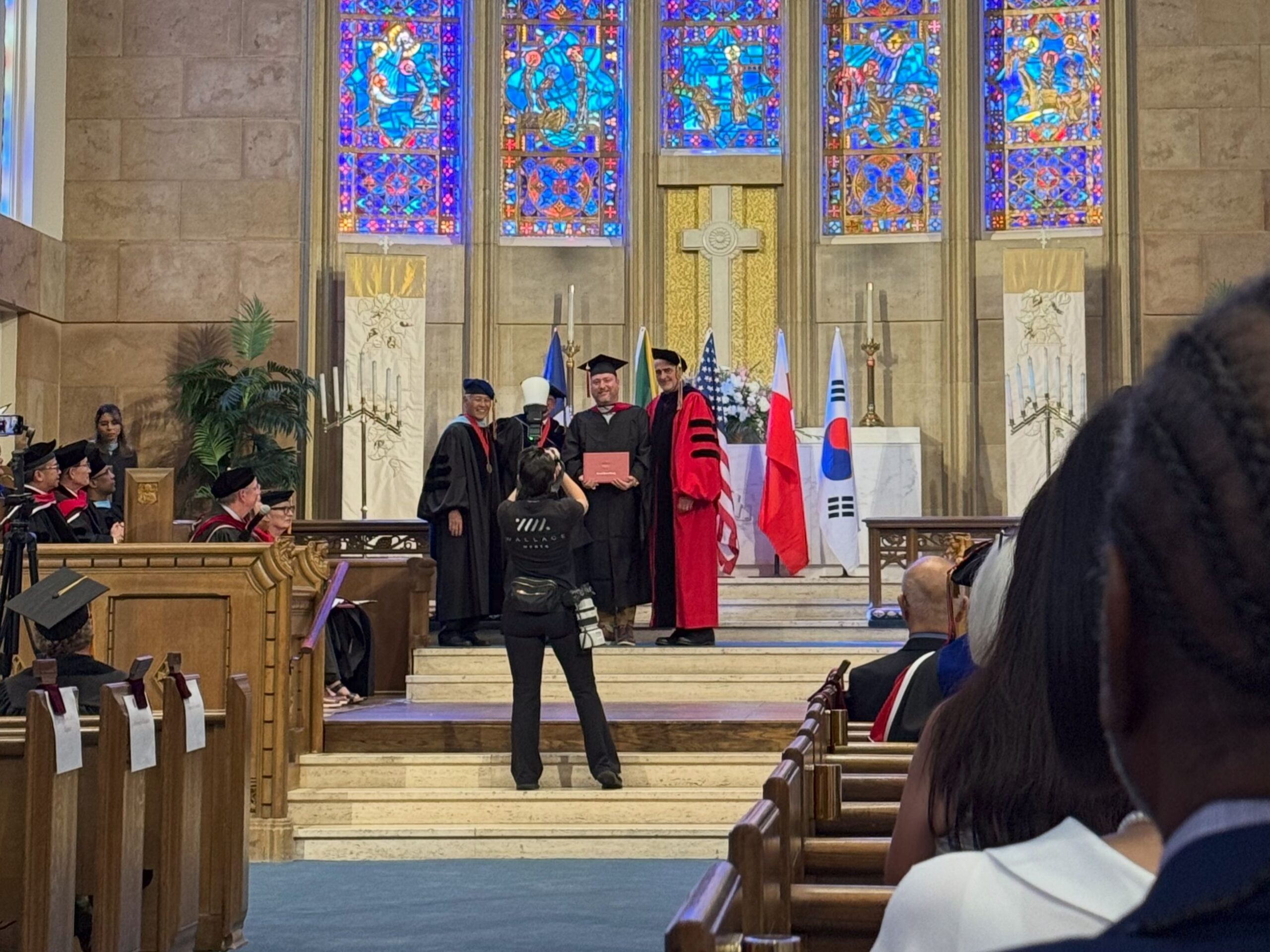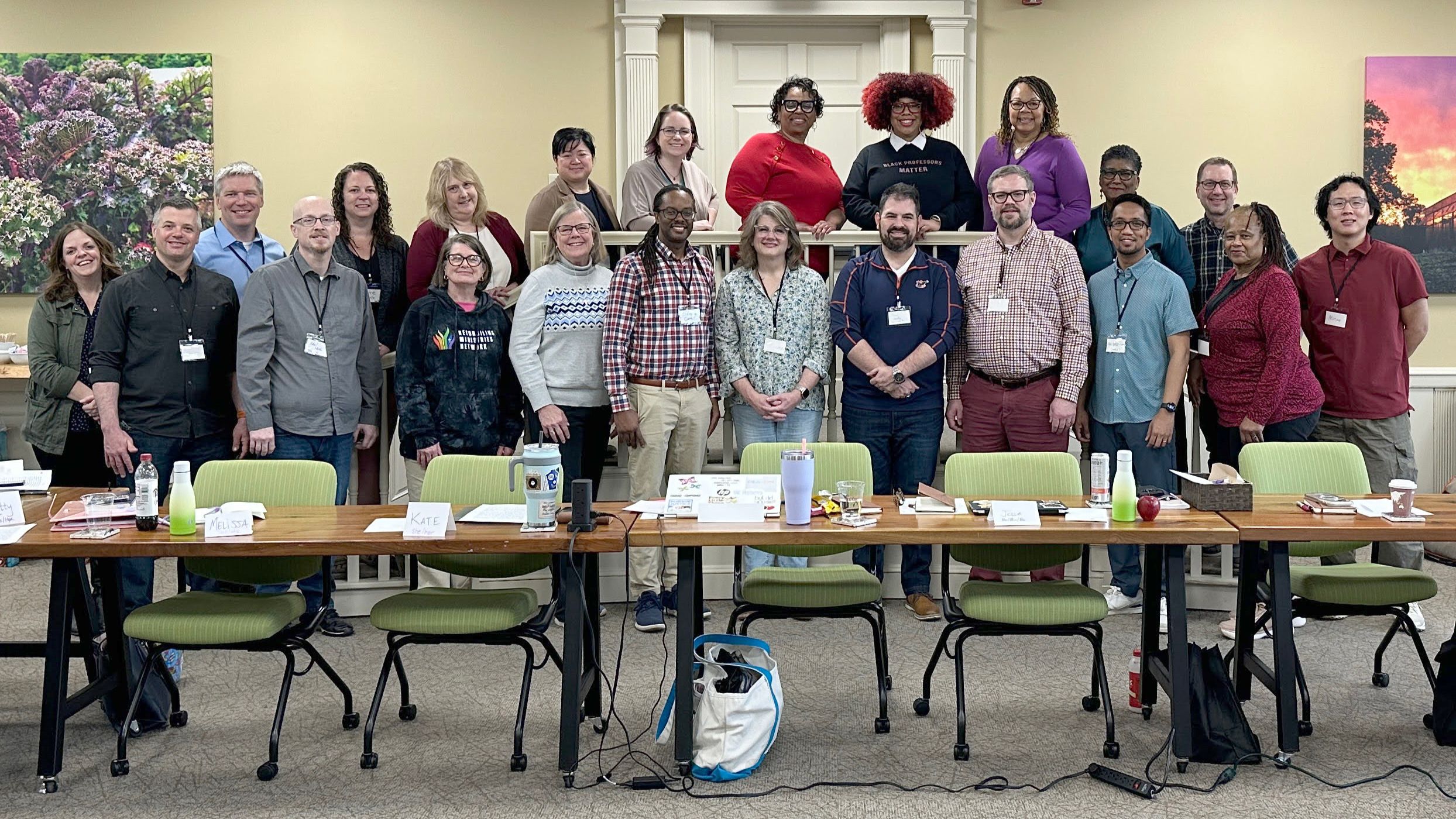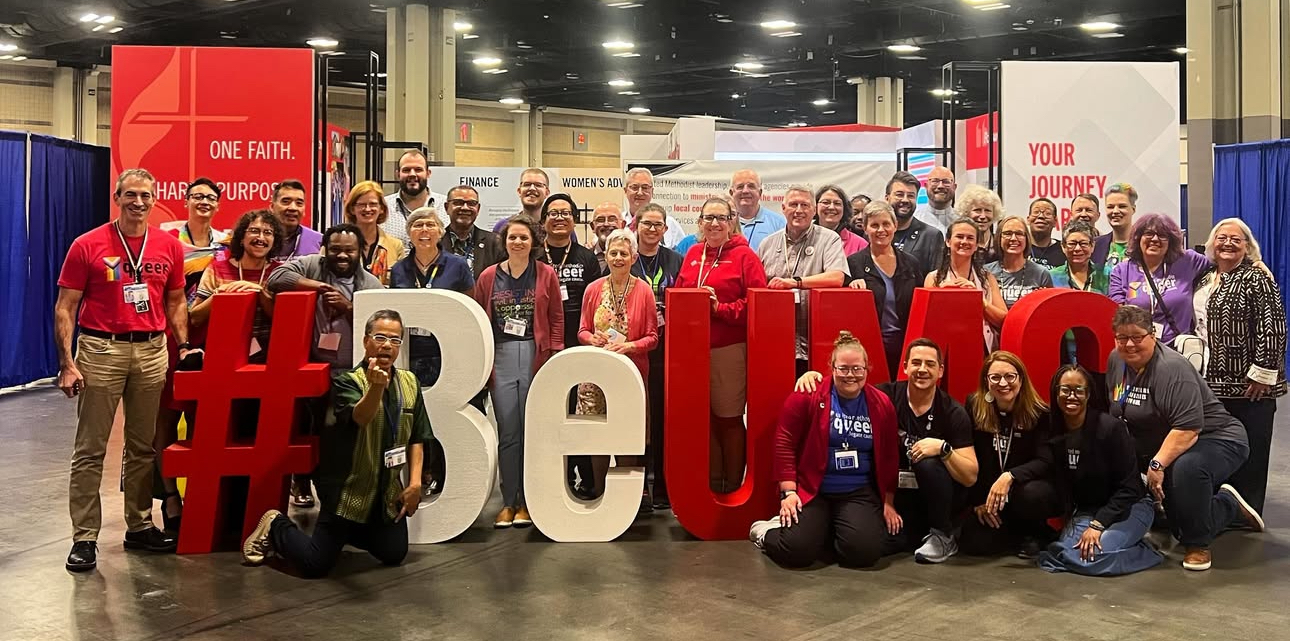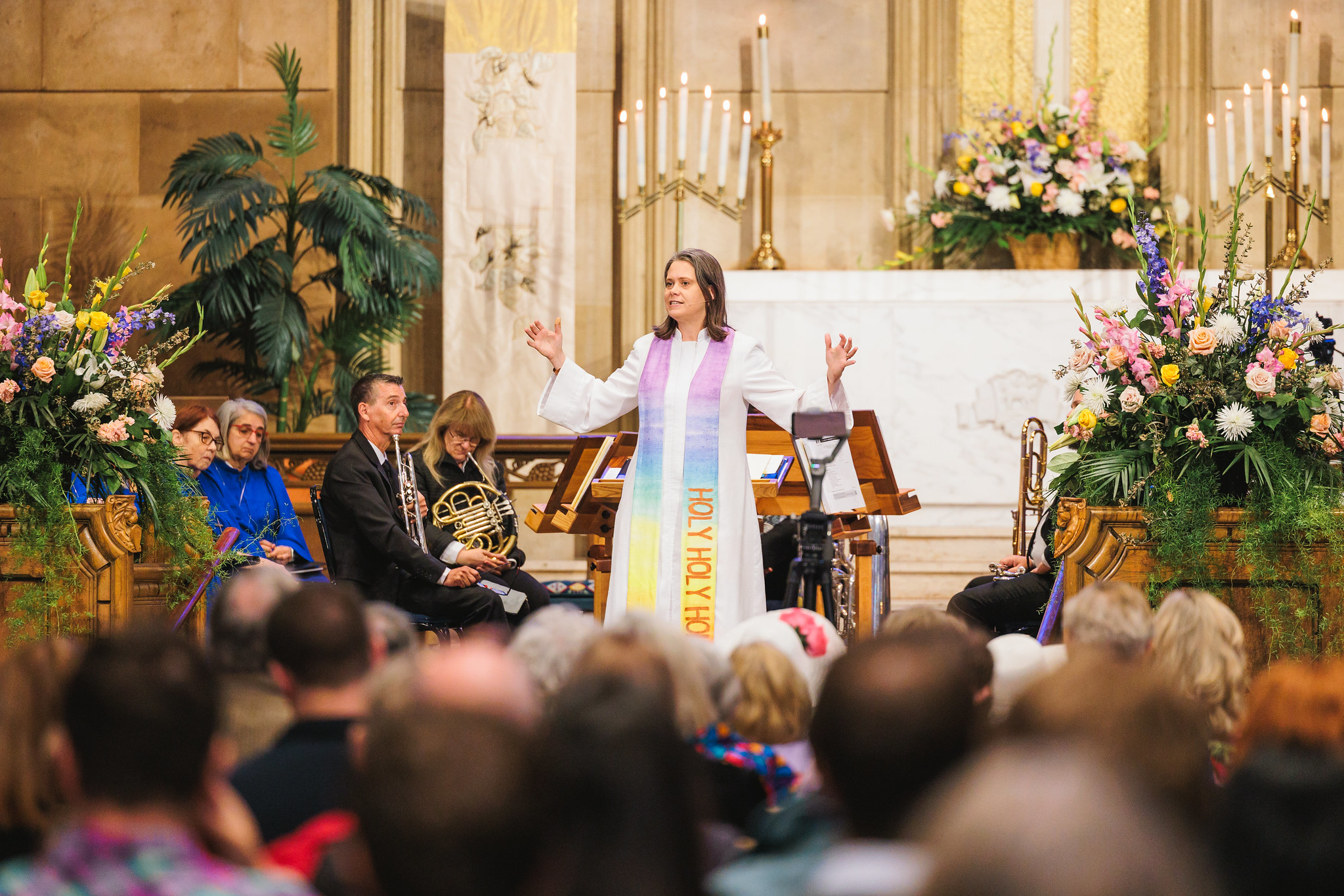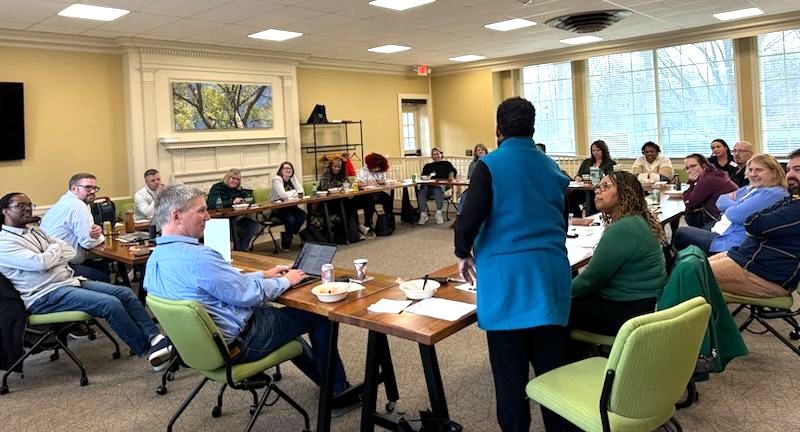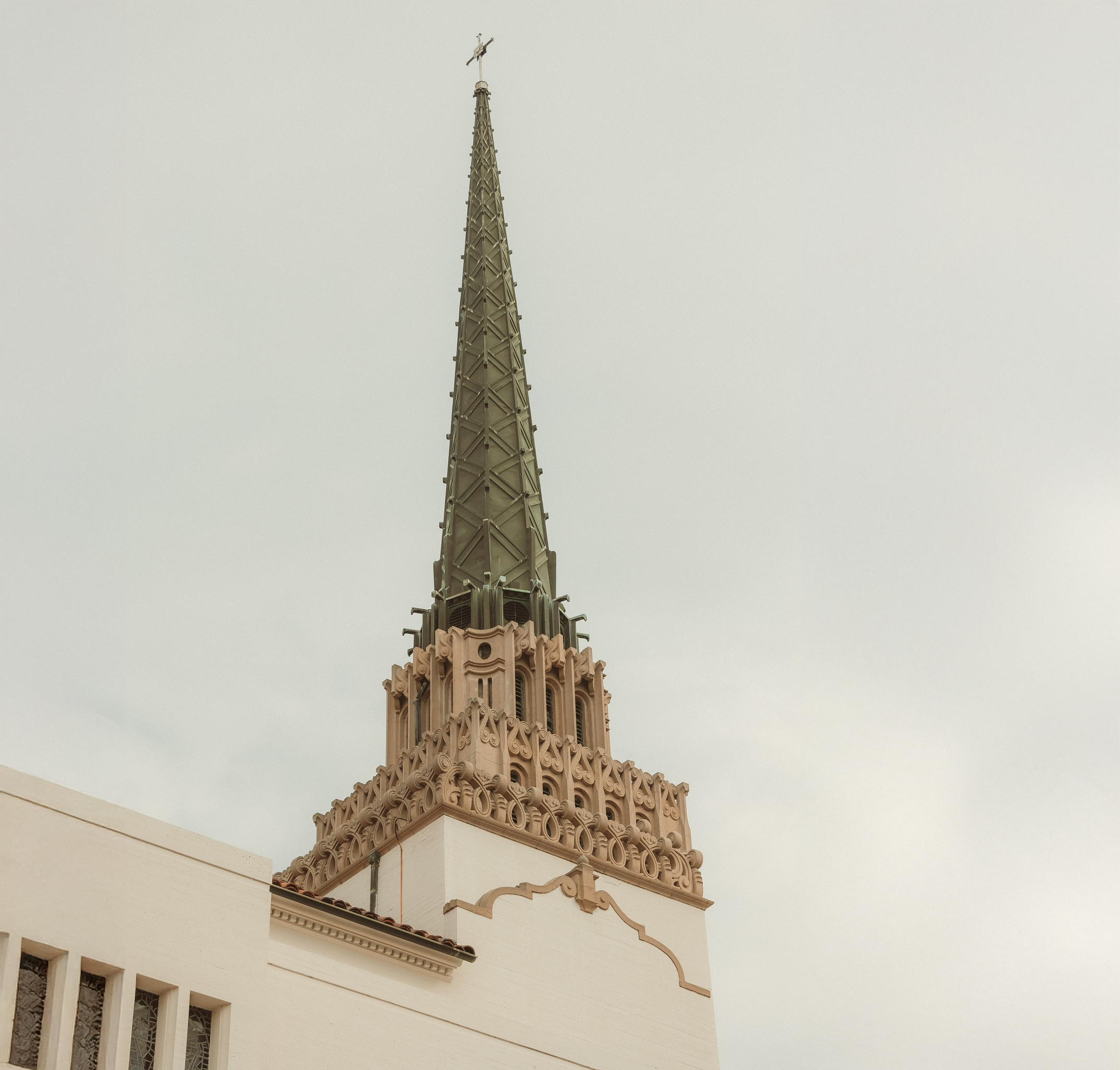Dear Westwood Church family,
Singing and music have long been a foundation part of our worship; next to the Bible, our hymn books have shaped our theology and our community at least since early Methodists printed some of the first English-language hymn books that were designed for public worship.
I love that you can still find John Wesley’s “Directions for Singing” at the beginning of the United Methodist Hymnal; written in 1761, they are evidence of why Wesley and his colleagues earned the nickname “Methodists.” They are very specific in their guidance. For example: “III: Sing all. See that you join with the congregation as frequently as you can. Let not a slight degree of weakness or weariness hinder you. If it is a cross to you, take it up, and you will find it a blessing.”
We seldom pick up hymnals in worship these days at Westwood UMC. In The Loft, we worship with a musical repertoire that includes hymns and “secular” music – our worship affirms that such distinctions are artificial, and affirms the presence of the sacred in all aspects of life. Words are shared on our screens, so people can sing along, and the poetry of the songs can deepen the shared theology of the community. In the Sanctuary, we print music into our Worship Guide each Sunday, which both makes it easily accessible, and gives us opportunity to expand our repertoire beyond what’s in our denominational hymnal; we choose music new and old, from ecumenical communities and diverse composers.
Still, our continually-evolving songbooks give form to our faith. They remind us of our rich inheritance from the ancestors who went before us, as well as the legacies of problematic Christian practice and theology we are left to unravel. They give form to beauty and mystery that is deeper than mere words, that is best shared in community. The sing us forward, as we labor to become the church Christ calls us to be.
I think of the poetry of the late Rev. Dr. Pauli Murray, whose groundbreaking legal work laid the foundation for progress in civil rights in the US, and who was the first Black woman to become a priest in the Episcopal Church USA. Verses from her poem, “Dark Testament,” help me understand the urgency John Wesley have been trying to express in those “Directions for Singing”:
Hope is a song in a weary throat.
Give me a song of hope
And a world where I can sing it.
Give me a song of faith
And a people to believe in it.
This Sunday, in our worship, I encourage you to sing “with good courage” (to borrow more directions for Wesley).
Also, I want to be sure you know that this week, in the Sanctuary, our worship will be shaped around some particularly beautiful music: in addition to hymns and organ music, the choir and an orchestra will lead us in an Ascension Day cantata by J.S. Bach, as well as an emotional anthem by Gerald Finzi. I’m grateful to Andrew Schultz and our Sanctuary Music program for making this gift.
As always, also, The Loft band will lead incredible music to give form to our worship. I continue to be grateful to Julia Black for her leadership in music and worship for the Loft gathering.
grace and peace,
Molly


